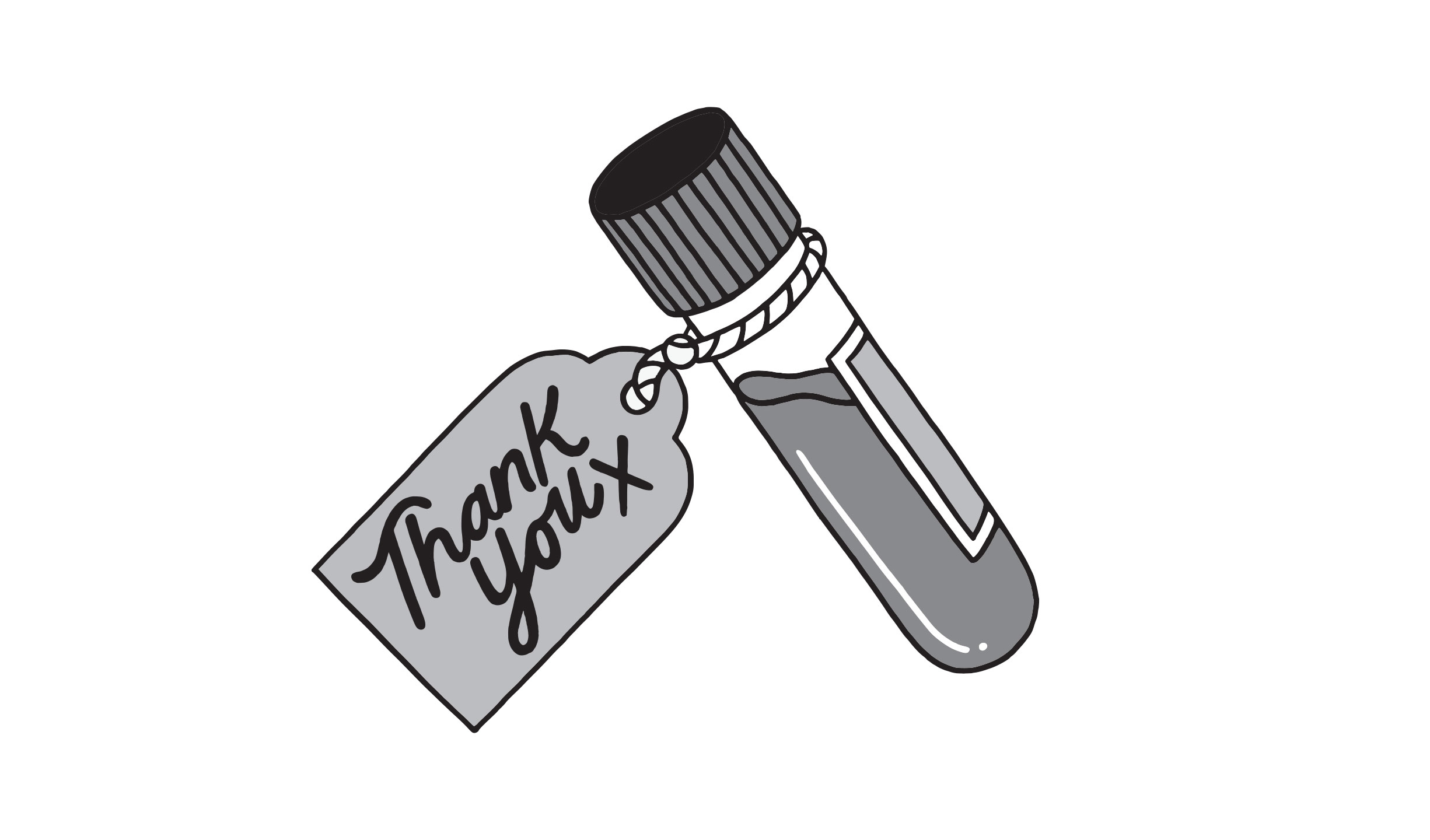A brief guide to Crowdfunding – and when to swap your blood for cash
Think carefully about offering something either truly unique or truly shit in return for money

Capitalism, as I’m sure even its most ardent supporters would agree, has some drawbacks. For a start, you don’t get food and shelter automatically. Instead, you must “trade” for these, and spend most of your time at something boring called “a job”. Further, capitalism has an utterly illogical valuation system, where a kilogram of Iranian Beluga caviar costs £25,000 but a nurse’s starting salary is only £22,000.
One thing capitalism used to be good at, though, was keeping bozos from achieving their musical dreams. Then along came crowdfunding and suddenly the whole system was fucked. Now any idiot can ask for money to pursue their delusions.
However, while a lot of crowdfunded music is bad (really bad), there’s plenty of good stuff out there, too. Here are a few examples: The Fish Police, a band that features two autistic musicians, used JustGiving to support their 2018 trip to SXSW, where they not only performed but also hosted a panel discussion on neurodiversity in music. On a larger scale, hip hop pioneers De La Soul sourced money for experimental self-sampling LP ‘and the Anonymous Nobody…’ through Kickstarter, while Gang of Four – a post punk band for fans of thinking – created their album ‘Content’ with crowdfunding cash, and donated 10% to Amnesty International.
Gang of Four illustrate another crowdfunding phenomenon: the quirky gift. While some ask you to donate to their cause for the simple joy of giving, many campaigns go one step further, offering something either truly unique or truly shit in return for your money. In the case of the ‘Content’ campaign, it was a chance to own a vial of blood donated by the band (presumably so you could create your own post punk clones and/or frame them for murder).
Unsurprisingly, rappers are best at the gift business. The Geto Boys, for example, offered fans the chance to spend a night getting pissed and high with them. Tumblr star Kitty allowed anyone offering $250 or more to name a song on her album (as long as it wasn’t too rude, which pretty much defeats the point). Those with deep pockets ($5,000 deep) and a passion for TLC could have a sleepover party with Rozonda Thomas that promised snacks, jammies and “TLC pillow talk”. As for De La Soul, they gave up signed lyric notebooks used by the band – very cool.
Then there are some gifts you’d rather not have. Duo Brick + Mortar said they’d handle your relationship breakup for a fee of $100, although quite possibly your partner would break up with you first if they found out your music tastes, not to mention your lack of class. Singer songwriter Alistair Griffin said he’d read passages from ‘50 Shades of Grey’ down the phone for £100 (better that than play you his music). As for meals, the offer to have one cooked for you by a band member is pretty much obligatory, perhaps not surprising given how many musicians work in kitchens to pay the bills.
Some crowdfunding sites are also formalising this gift option into a pre-ordering system. PledgeMusic, for example, allows artists to sell copies of their album in advance to fund its creation, which makes it more akin to an ordinary commercial transaction and less like idiosyncratic begging. For this article I interviewed folk duo Taylor and the Mason, who said doing this not only raised cash but also introduced a lot of new people to their music (however, PledgeMusic does take a 15% cut).
Finally, there are crowdfunding sites that brand themselves as investment opportunities, where you can find a whole range of musical products, most of which sound a bit shit. Current examples include Remidi “the first wearable instrument” – essentially a pair of gloves with inbuilt midi; DrumPants, an app that offers the unpleasant experience of having “an entire band in your pocket”; and FuckWhistle, the family fun whistle made entirely from penis gristle (I made that last one up). That said, crowdfunding has spawned a whole range of really stylish synthesisers, including a couple from Plankton Electronics that would cause sexual excitement for any self-diagnosed synth nerd.
So, how can you too benefit from crowdfunding? The trick is, unfortunately, to offer something worthwhile in the first place. If you’re using it to create a new piece of art, fantastic; if you’re using it to take yourself on tour (i.e. a free holiday), then perhaps it is best to dip into your own pocket rather than asking your mates to subsidise your fun.
As for gifts, stay clear from gimmicks if at all possible. A deluxe edition of your album is great; a dinner date with your lead singer is not; “hugs” are the worst. And, unless you’re already a musical legend, no one is going to want your lyric books – much less your blood.
MORE? Here are some of our other ‘Money’ columns